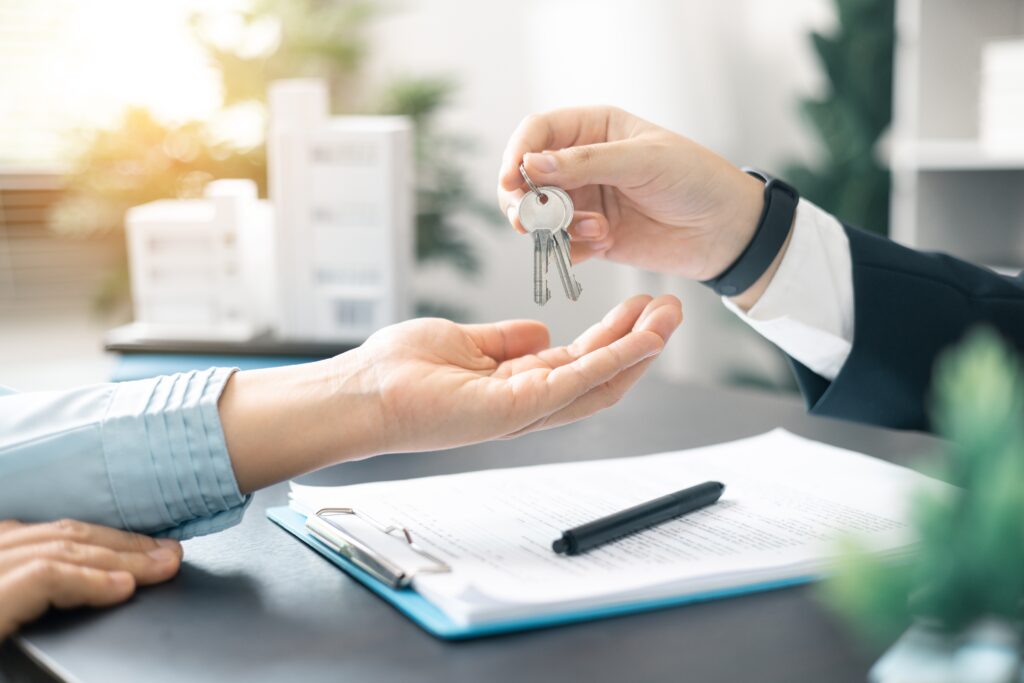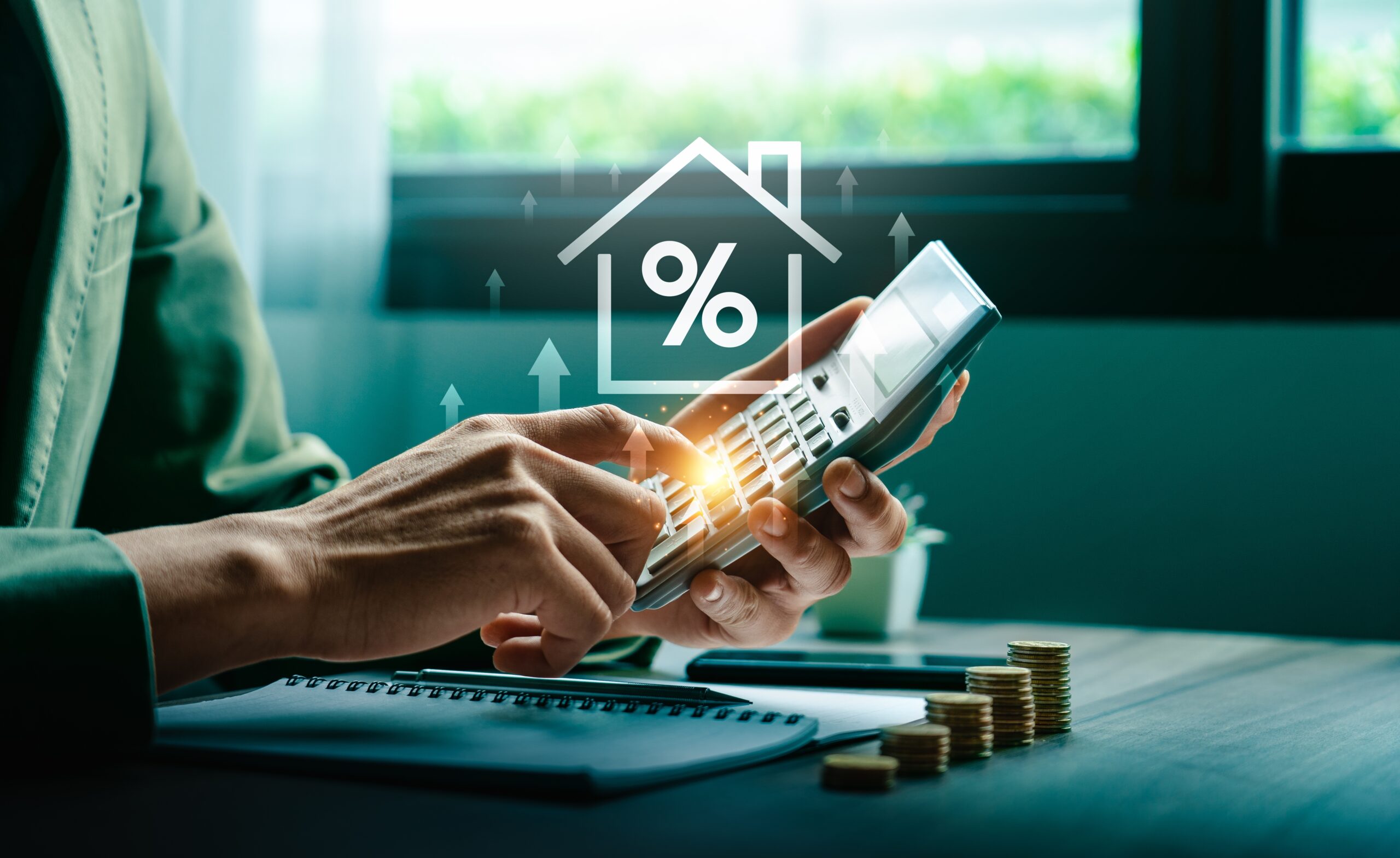Should you continue renting, or is it time to buy a home? It’s a question that many people face at some point—and it’s not always as clear-cut as it seems. While homeownership is often seen as a financial milestone, renting offers flexibility and freedom that may suit certain lifestyles better.
This article dives into the pros and cons of renting vs buying, helping you evaluate your personal, financial, and lifestyle priorities. We explore key factors like cost, flexibility, long-term wealth, and responsibility so you can make a decision that aligns with your current needs and future goals.
Outline
- Introduction
- The Key Differences Between Renting and Buying
- Pros of Renting
- Cons of Renting
- Pros of Buying
- Cons of Buying
- Costs: The Numbers Behind the Decision
- Lifestyle and Flexibility Considerations
- Long-Term Wealth: Which Builds More Value?
- Renting vs Buying in the UK Housing Market
- Questions to Ask Yourself
- Final Thoughts
Introduction
Rent or buy? It’s one of the biggest financial decisions you’ll ever make. And while there’s no one-size-fits-all answer, the right choice is the one that works for your budget, lifestyle, and life stage.
Owning a home is part of the traditional “dream”—but is it right for you right now?
This guide helps you weigh up the options, bust some myths, and take a realistic look at what suits your current and future needs.
The Key Differences Between Renting and Buying
| Factor | Renting | Buying |
|---|---|---|
| Ownership | Landlord owns the property | You own the property (via mortgage) |
| Monthly Payments | Rent to landlord | Mortgage payments + bills |
| Maintenance | Usually covered by landlord | Your responsibility |
| Flexibility | High – easy to move | Low – selling takes time and cost |
| Long-Term Investment | None | Potential capital growth |
Both renting and buying come with costs, responsibilities, and benefits. The key is knowing which trade-offs you’re willing to accept.
Pros of Renting
Renting can be the right choice, especially if you value freedom and flexibility.
Key Benefits:
- No long-term commitment – Ideal if your job or lifestyle may change
- Lower upfront costs – No deposit, stamp duty, or legal fees
- Repairs and maintenance – Typically your landlord’s responsibility
- Access to amenities – Many flats come with gyms, parking, or concierge services
- Easier to budget – Fixed rent, no surprise boiler replacements
Renting is great for people who are mobile, exploring, or building savings.
Cons of Renting
While renting has advantages, it comes with its own challenges.
Downsides:
- No equity – You’re not building wealth with your payments
- Rent can increase – Landlords can raise rent at renewal
- Limited control – Can’t always decorate, renovate, or own pets
- Risk of eviction – Landlord may decide to sell or move in themselves
- Less stability – Especially difficult for families or those planning long-term
Renting is like a subscription—you pay for use, but never own the product.
Pros of Buying
Homeownership is often seen as a milestone of success—and for good reason.
Advantages:
- Builds equity – Monthly payments go towards owning something
- Stability – No risk of being evicted by a landlord
- Creative freedom – Paint walls, renovate kitchens, plant trees
- Potential appreciation – Property value can rise over time
- Mortgage eventually ends – Unlike rent, it won’t last forever
Owning a home can be an investment and a personal sanctuary.

Cons of Buying
Despite the advantages, buying a home comes with real responsibilities.
Drawbacks:
- Upfront costs – Deposit (typically 5–20%), legal fees, stamp duty
- Ongoing expenses – Insurance, maintenance, council tax, repairs
- Reduced flexibility – Harder and more expensive to move
- Market risk – House values can fall, not just rise
- Stress – The buying process can be long and emotionally draining
Homeownership means long-term responsibility, not just bricks and mortar.
Costs: The Numbers Behind the Decision
Example: Renting vs Buying a £250,000 Property
| Cost Type | Renting | Buying |
|---|---|---|
| Upfront cost | £1,200 deposit | £12,500 deposit (5%) + fees |
| Monthly payment | £1,100 rent | £1,000 mortgage (25-year term) |
| Maintenance | £0 (landlord’s cost) | £100–£200/month average |
| Stamp Duty (FTB) | £0 (if under £425k) | £0–£2,500 (depending on price) |
| Total annual cost | ~£13,200 | ~£14,400 + maintenance |
Takeaway: Buying is often cheaper month-to-month after the initial outlay, but requires significant upfront savings.
Lifestyle and Flexibility Considerations
Sometimes the decision is less about money and more about how you live.
Buying suits:
- People ready to settle down in one place
- Those planning to start a family
- People who want stability and personalisation
- Those with savings or access to financial help (e.g. gifted deposit)
Renting suits:
- People not sure where they’ll be in 1–3 years
- Travellers or career movers
- Those without the savings for a deposit
- People who want less responsibility
Your life stage matters as much as your bank balance.
Long-Term Wealth: Which Builds More Value?
Homeownership is often referred to as a way to build wealth over time—but it’s not guaranteed.
Homeownership:
- You build equity
- Your home can increase in value
- Mortgage payments act like forced savings
- Eventually, you’ll own your home outright
Renting:
- Doesn’t build equity
- But you can invest the money you would have used for deposits, repairs, and maintenance
Owning property isn’t the only path to wealth, but it is a common one.
Renting vs Buying in the UK Housing Market
UK Market Trends (as of recent years):
- Average UK house price: ~£285,000
- First-time buyer age: ~33
- Rental prices rising faster than wages in many cities
- Mortgage rates have increased (5–6% typical in 2024–2025)
Consider:
- Government schemes (e.g. Shared Ownership, Lifetime ISA, Help to Buy)
- Regional differences—London vs Manchester vs rural areas
- Your job security and long-term income
Questions to Ask Yourself
Before deciding, ask:
- Can I afford the upfront costs of buying?
- How long do I plan to stay in one place?
- Do I want the flexibility to move easily?
- How stable is my job or income?
- Am I ready for the responsibility of homeownership?
- Would renting allow me to save or invest more effectively?
Being honest with yourself now can save years of stress later.
Final Thoughts
There’s no single “right” choice—only what’s right for you.
Renting gives you freedom. Buying gives you roots.
Renting protects you from risk. Buying builds long-term value.
If you’re unsure, there’s nothing wrong with renting while you save, watch the market, and prepare for a future purchase. On the other hand, if you’re financially stable and ready for commitment, buying can offer a powerful sense of security and accomplishment.







